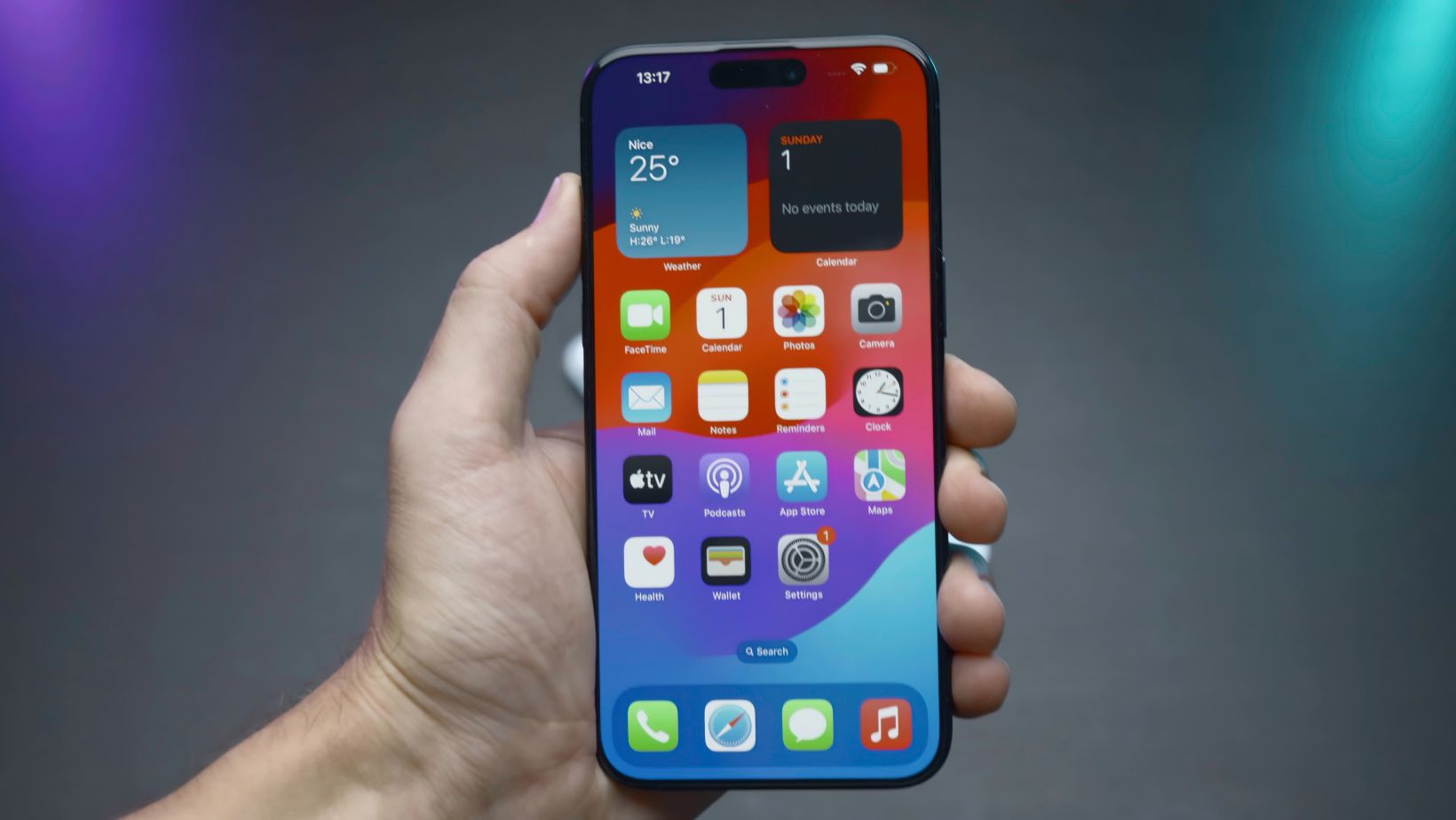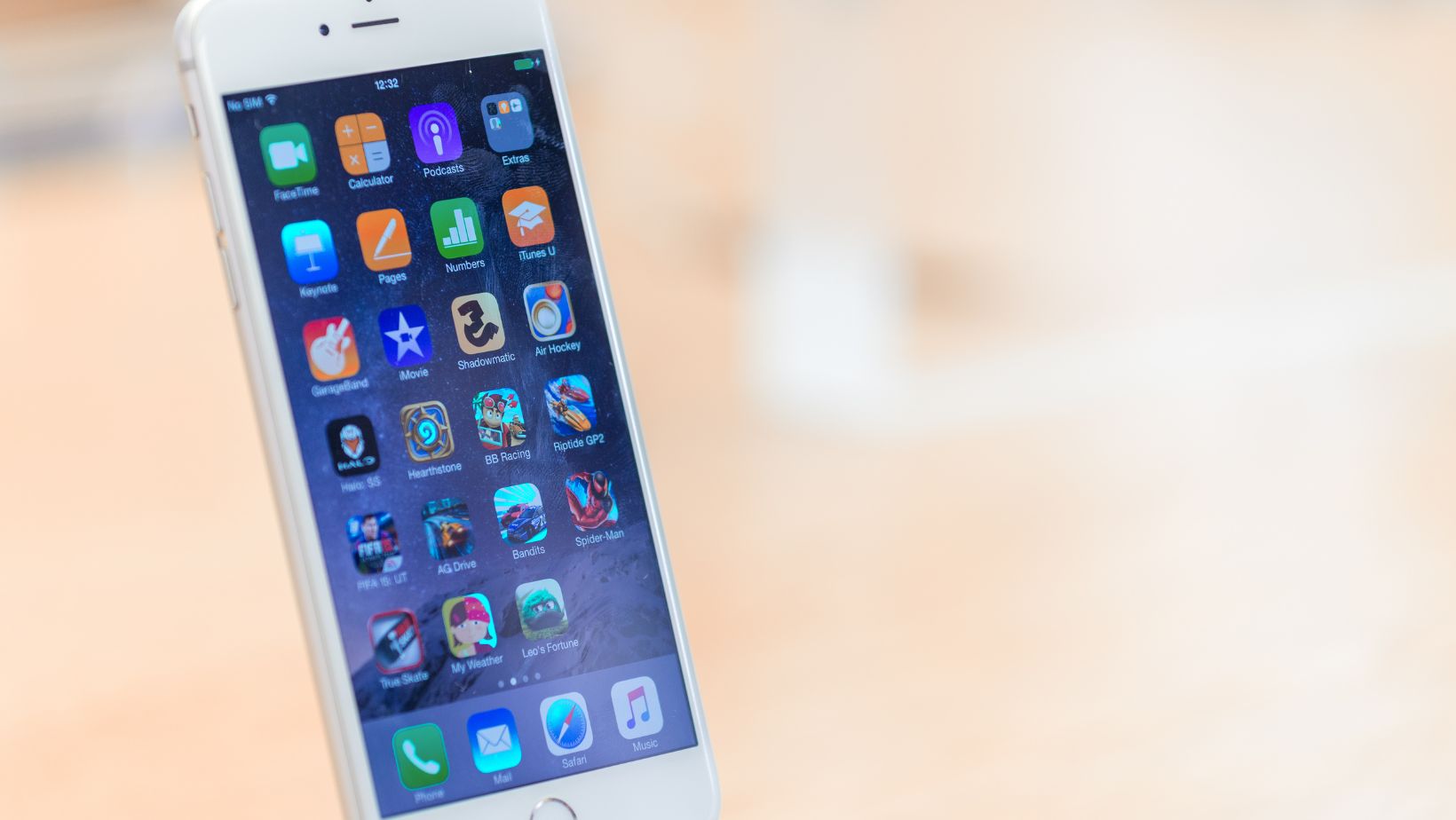In a world where internet connectivity is as vital as the air we breathe, securing the best possible connection has become a necessity. This article delves into the intriguing realm of WiFi hack apps for the iPhone, a topic that’s both controversial and captivating. These apps, shrouded in mystery and misconceptions, promise a world of unlimited internet accessibility. But how do they work? Are they legal? And do they really deliver on their promises? Let’s embark on a journey to demystify these applications, understand their functionality, and evaluate their legitimacy.
Wifi Hack Apps for iPhone
Risks to Users and Network Owners
Risks for users and network owners link to the utilization of wifi hack apps for iPhone. Primarily, they open a Pandora’s box filled with security  hazards. For users, hackers often disguise malware as helpful applications. Downloading these apps introduces risks exposing sensitive personal data. If a network owner’s security gets breached, this opens up the entire network to possible incursions, jeopardizing all associated devices’ safety. Additionally, legality makes this a risky venture for users. Unauthorized access to the networks qualifies as a criminal offense; penalties vary significantly across jurisdictions but could lead to hefty fines or even jail time. Finally, from a network owner’s viewpoint, deficient internet speeds may result from unauthorized users gnawing at your bandwidth. This leeching effect can bottleneck speeds, severely impacting activities requiring fast and reliable connections.
hazards. For users, hackers often disguise malware as helpful applications. Downloading these apps introduces risks exposing sensitive personal data. If a network owner’s security gets breached, this opens up the entire network to possible incursions, jeopardizing all associated devices’ safety. Additionally, legality makes this a risky venture for users. Unauthorized access to the networks qualifies as a criminal offense; penalties vary significantly across jurisdictions but could lead to hefty fines or even jail time. Finally, from a network owner’s viewpoint, deficient internet speeds may result from unauthorized users gnawing at your bandwidth. This leeching effect can bottleneck speeds, severely impacting activities requiring fast and reliable connections.
Understanding How Wifi Hack Apps Work
The Technology Behind Wifi Hacking
Wifi hack apps operate by exploiting vulnerabilities in wifi networks. They run algorithms that attempt to crack the WiFi network’s password, which provides unauthorized access. Some apps exploit weaknesses in WPS, a standard designed to make it easier to connect devices to a network. Others use brute force attacks, entering countless combinations of characters until they stumble upon the correct password. Additionally, some wifi hack apps intercept network packets, allowing the user to see and record data being transmitted across the network.
Others use brute force attacks, entering countless combinations of characters until they stumble upon the correct password. Additionally, some wifi hack apps intercept network packets, allowing the user to see and record data being transmitted across the network.
It’s crucial to understand that not all networks are vulnerable to hacking. For instance, networks employing a WEP security protocol are easier to break into than those using WPA or WPA2 security protocols.
Limitations and Security Measures
Despite their potential, wifi hack apps face key limitations. Firstly, the hacking process can be time-consuming. Brute force attacks, for instance, could take days to find the right password, depending on its complexity. Moreover, many routers now employ security measures to prevent  unauthorized access. After several failed attempts to access a network, the router may institute a lockdown, blocking all attempts from that device. Network owners can also protect their networks by disabling WPS or by using long, complex passwords.
unauthorized access. After several failed attempts to access a network, the router may institute a lockdown, blocking all attempts from that device. Network owners can also protect their networks by disabling WPS or by using long, complex passwords.
Besides, tools such as network sniffers don’t break into the network but instead intercept data. They’re powerless against networks that use encryption, like SSL or HTTPS, which converts data into unreadable formats during transmission. Encryption prevents unauthorized parties—even those who somehow gain network access—from reading or misusing this information. Lastly, one must remember that the legality of using wifi hack apps is questionable. Unauthorized access to any network is a breach of the law, and users can face severe penalties.
Safety Concerns When Using Wifi Hack Apps
It’s crucial to remember the potential pitfalls when considering WiFi hack apps for the iPhone. Users might be lured by the promise of free WiFi, but the risks can’t be ignored. These apps can open the door to malware threats and could land users in hot water legally. Unauthorized network access isn’t just frowned upon; it’s illegal and can carry serious penalties. The functionality of these apps relies heavily on exploiting network vulnerabilities. They’re not always successful, however. The time-consuming processes, coupled with security measures like router lockdowns and encryption, can often prove to be major hurdles. So, while the allure of free WiFi might be tempting, it’s important to weigh the risks. The legal implications alone should give pause. After all, is free WiFi really worth the potential fallout?
access isn’t just frowned upon; it’s illegal and can carry serious penalties. The functionality of these apps relies heavily on exploiting network vulnerabilities. They’re not always successful, however. The time-consuming processes, coupled with security measures like router lockdowns and encryption, can often prove to be major hurdles. So, while the allure of free WiFi might be tempting, it’s important to weigh the risks. The legal implications alone should give pause. After all, is free WiFi really worth the potential fallout?



